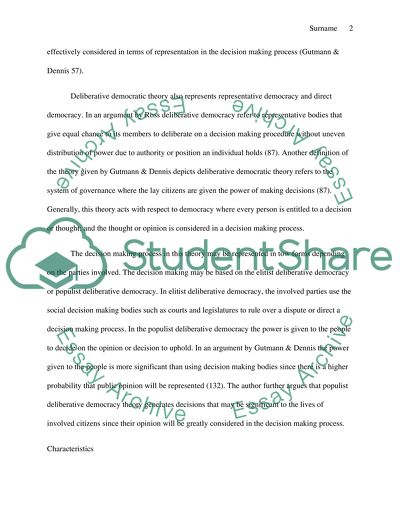Cite this document
(“Political science paper- comparative Essay Example | Topics and Well Written Essays - 1500 words”, n.d.)
Political science paper- comparative Essay Example | Topics and Well Written Essays - 1500 words. Retrieved from https://studentshare.org/history/1479738-political-science-paper-comparative
Political science paper- comparative Essay Example | Topics and Well Written Essays - 1500 words. Retrieved from https://studentshare.org/history/1479738-political-science-paper-comparative
(Political Science Paper- Comparative Essay Example | Topics and Well Written Essays - 1500 Words)
Political Science Paper- Comparative Essay Example | Topics and Well Written Essays - 1500 Words. https://studentshare.org/history/1479738-political-science-paper-comparative.
Political Science Paper- Comparative Essay Example | Topics and Well Written Essays - 1500 Words. https://studentshare.org/history/1479738-political-science-paper-comparative.
“Political Science Paper- Comparative Essay Example | Topics and Well Written Essays - 1500 Words”, n.d. https://studentshare.org/history/1479738-political-science-paper-comparative.


